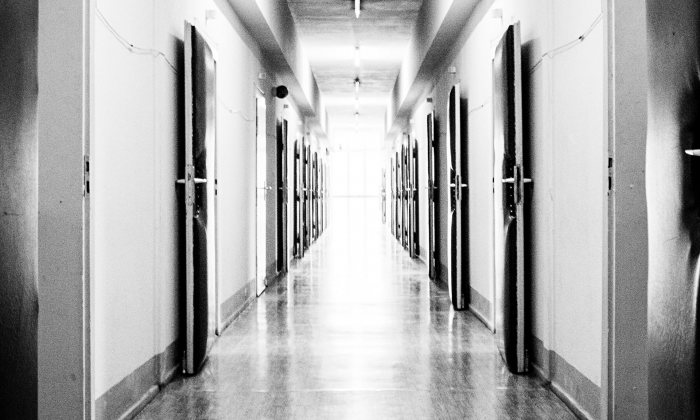In recent years, Margaret Atwood – now in her mid-70s – has put many younger writers to shame with her enthusiastic early adopting of new technologies, and her latest book, The Heart Goes Last, began life as a series of four episodes on the digital-winning platform Byliner in 2012-13. Now expanded into a full-length novel, the story inhabits the kind of plausible dystopia familiar to admirers of Atwood’s brand of speculative fiction. It’s more overtly comic than her most recent books, the MaddAddam trilogy, though it treats the same broad themes: economic and environmental decline, the social and bio-engineering we employ in the vain hope of saving ourselves, and the speed with which the most well-intentioned experiments fall prey to greed and corruption.
Stan and Charmaine have fallen on hard times, through no fault of their own. At the start of the novel Stan has lost his modest job in robotics and their house has been repossessed. Now living in their car, they fend off nightly attacks by marauding gangs looking to steal the few possessions they have left. They live on fast food and sell their blood for small change; most people they know have turned to crime or prostitution. This is not some bleak post-apocalyptic future but a vision of the present in the collapsing manufacturing cities of the north-eastern US, where ordinary people find themselves on the sharp end of economic trends they can’t even comprehend. “Then everything went to ratshit. Overnight, it felt like. Not just in his own personal life: the whole card castle, the whole system fell to pieces, trillions of dollars wiped off the balance sheets like fog off a window.” ...

